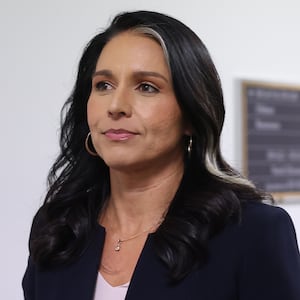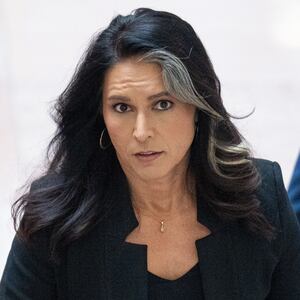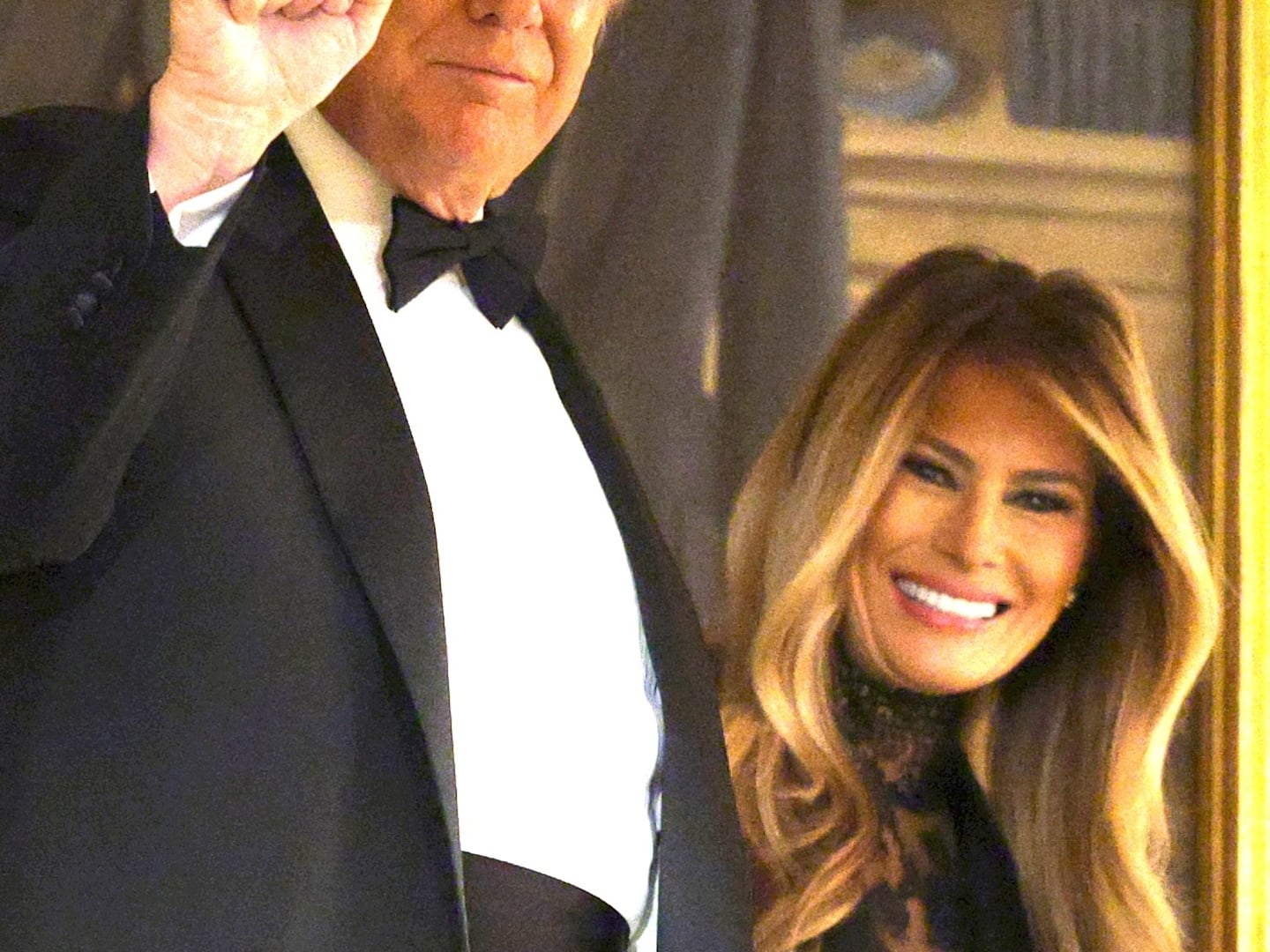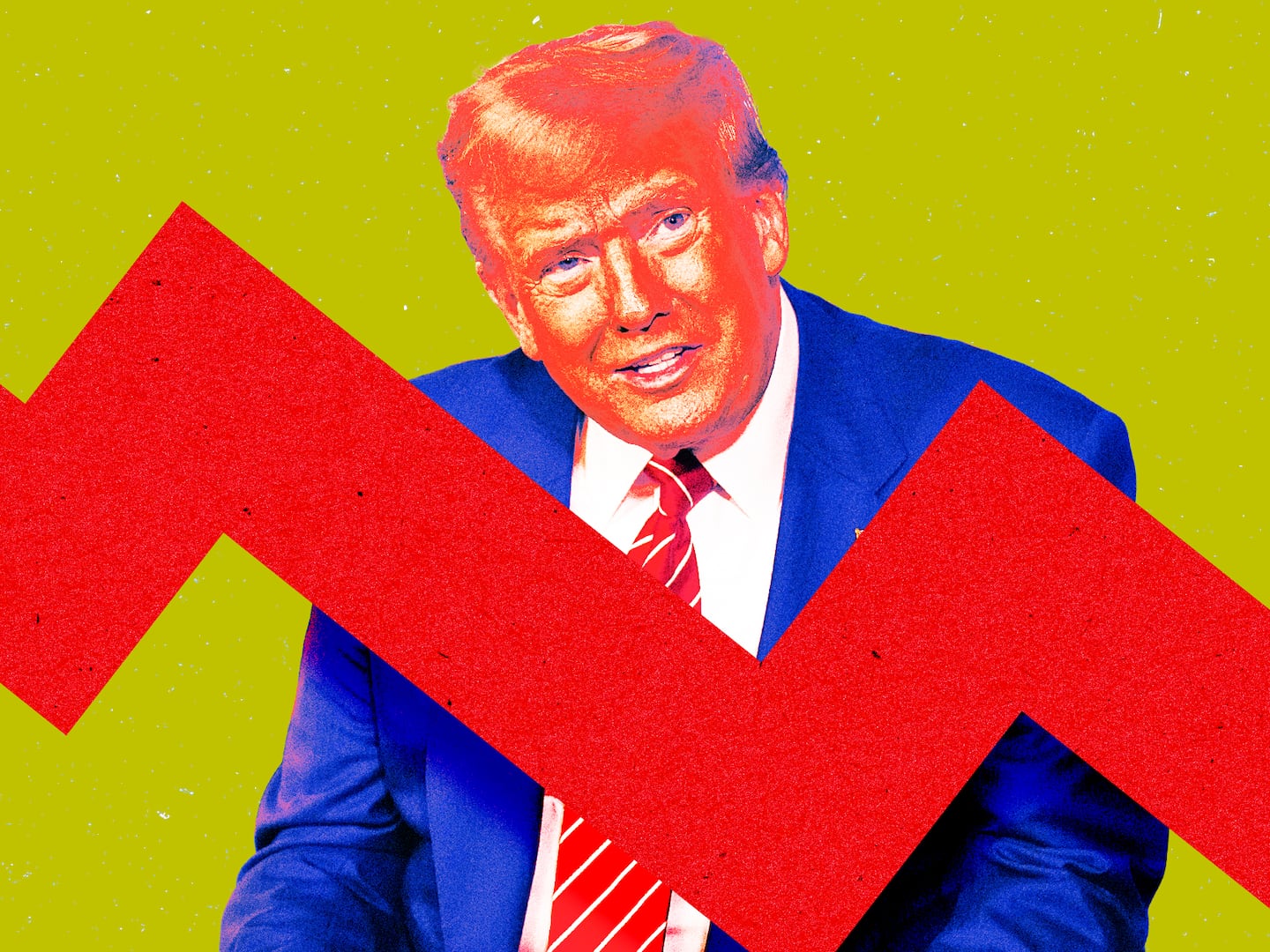Donald Trump’s pick for director of national intelligence couldn’t clearly say what the director of national intelligence actually does, according to a new report in the Wall Street Journal.
Meeting with Senate Republicans ahead of her confirmation hearings, Tulsi Gabbard, the former Democratic representative turned MAGA loyalist, failed to articulate what the job she’d been nominated for entails. She also didn’t know the difference between key surveillance powers, according to the report.
The gaffes came in meetings with Sen. James Lankford (R-OK) and Sen. Mike Rounds (R-SD), according to two Republican Senate aides and an unnamed Trump transition official.
Rounds also read the statutory language for the role of director of national intelligence and asked how she could possibly meet that threshold. When he asked how she would handle specific elements of the job, she said she would have to just wait and see when she gets there.
Trump’s team declined to let the Journal interview Gabbard and said in a statement that she “appreciated the chance to address [senators’] questions and share her vision” for the Office of the Director of National Intelligence. The Daily Beast has reached out for comment.
Gabbard is an Army Reserve lieutenant colonel and was deployed to Iraq but has little intelligence experience. She has repeated Kremlin talking points, including blaming NATO for Russia’s invasion of Ukraine, and secretly met with Syria’s former President Bashar al-Assad in 2017—the same year she also questioned a U.S. intelligence report claiming that Assad had used chemical weapons against the Syrian people.
So far, none of that has been disqualifying, though.
On Sunday, Lankford told NBC’s Meet the Press he would vote to Gabbard confirm her after she pulled a 180 on an electronic surveillance program that targets national-security suspects living abroad. Previously, she had opposed the program, which is laid out in Section 702 of the Foreign Intelligence Surveillance Act, but now she’s in favor, she announced.
Rounds, meanwhile, sent her away with homework after their first meeting. She spoke to the experts he’d suggested and showed improvement in a follow-up meeting on Monday, he told the Journal in a statement, adding that he would do what he could to support her during the confirmation process.
Ultimately, no Republican senators have said they would oppose her nomination, though Sen. John Curtis of Utah and Sen. Susan Collins of Maine claim they’re still making up their minds.
And if any do ultimately vote against her, Trump megadonor, adviser and “First Buddy” Elon Musk has indicated his support for primary challenges against Republican senators who don’t fall in line on Trump’s Cabinet nominees.








